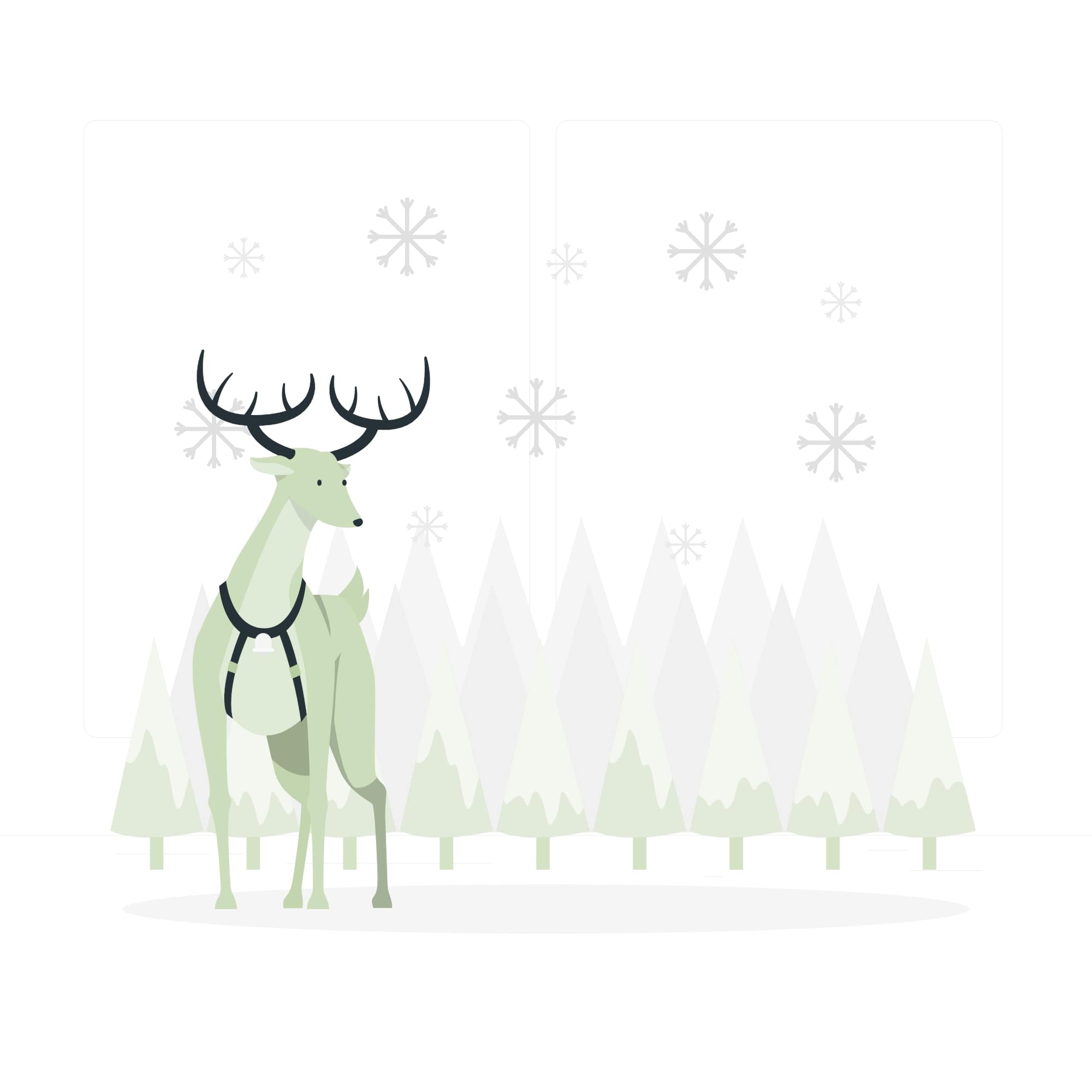Zombie Deer Disease: Alarming Research Raises Concerns, But No Confirmed Cases in Humans
While there’s no human “zombie deer disease” outbreak brewing, a recent study has researchers re-examining the risks of Chronic Wasting Disease (CWD) in deer and elk. This brain-altering prion disease, currently plaguing wildlife across North America, has some experts urging for increased vigilance and stricter measures.
The chilling moniker “zombie deer disease” conjures images of shambling, flesh-hungry creatures – thankfully, a realm relegated to fiction. However, the real-life chronic wasting disease (CWD) affecting deer and elk has scientists raising the unsettling possibility of human transmission. While no confirmed cases exist, a recent study adds fuel to the fire, urging increased vigilance and stricter measures. There haven’t been any confirmed cases of zombie deer illness spreading to people up to this point. Nonetheless, evidence from experimental studies on CWDs points to a potential risk, particularly if people consume contaminated meat. According to current CDC estimates, up to 15,000 animals with CWD are consumed annually.
CWD, caused by prions – misfolded proteins that act like infectious pathogens – is a transmissible neurological disease with no cure. Infected deer exhibit unusual behavior, weight loss, and progressively deteriorate until death. The disease has spread steadily across North America, raising concerns about the safety of venison consumption.
The new study, published in the journal Proceedings of the National Academy of Sciences, used macaque monkeys genetically predisposed to contracting prion diseases. When fed CWD-infected venison, several monkeys developed prion-related brain abnormalities, raising concerns about the potential for human transmission. This is not the first such study, but it strengthens the evidence and highlights the need for further research.
“While this study is concerning, it’s important to remember that there are still no confirmed cases of CWD in humans,” emphasizes Dr. Sarah Peterson, Director of the Centers for Disease Control and Prevention’s Prion Diseases Program. “We continue to monitor the situation closely and advise against consuming meat from deer suspected of having CWD.”
Recommendations
The World Health Organization echoes this stance, recommending strict precautions to prevent CWD prions from entering the human food chain. These include:
Hunters:
- Be aware of high-risk areas and avoid consuming venison from those regions.
- Consider having harvested deer tested for CWD.
- Follow proper carcass disposal guidelines to prevent environmental contamination.
- Wear gloves and minimize organ contact during field dressing.
Consumers:
- Avoid venison from areas with reported CWD.
- Consider commercially processed deer only if individually processed.
Authorities:
- Implement stricter surveillance and testing programs.
- Encourage responsible hunting practices and consumer awareness.
The immediate threat to humans seems low, but the new research serves as a wake-up call. Continued vigilance, responsible hunting and consumption practices, and ongoing research are essential to combat CWD and mitigate the potential risk of human transmission. This chilling tale isn’t over yet, but by taking proper precautions and actively researching the science, we can hopefully keep the story confined to the pages of reality, not the realm of zombies.
Please note: This news post is intended for informational purposes only and should not be construed as medical advice. Always consult your healthcare provider with any questions or concerns about prion diseases.
